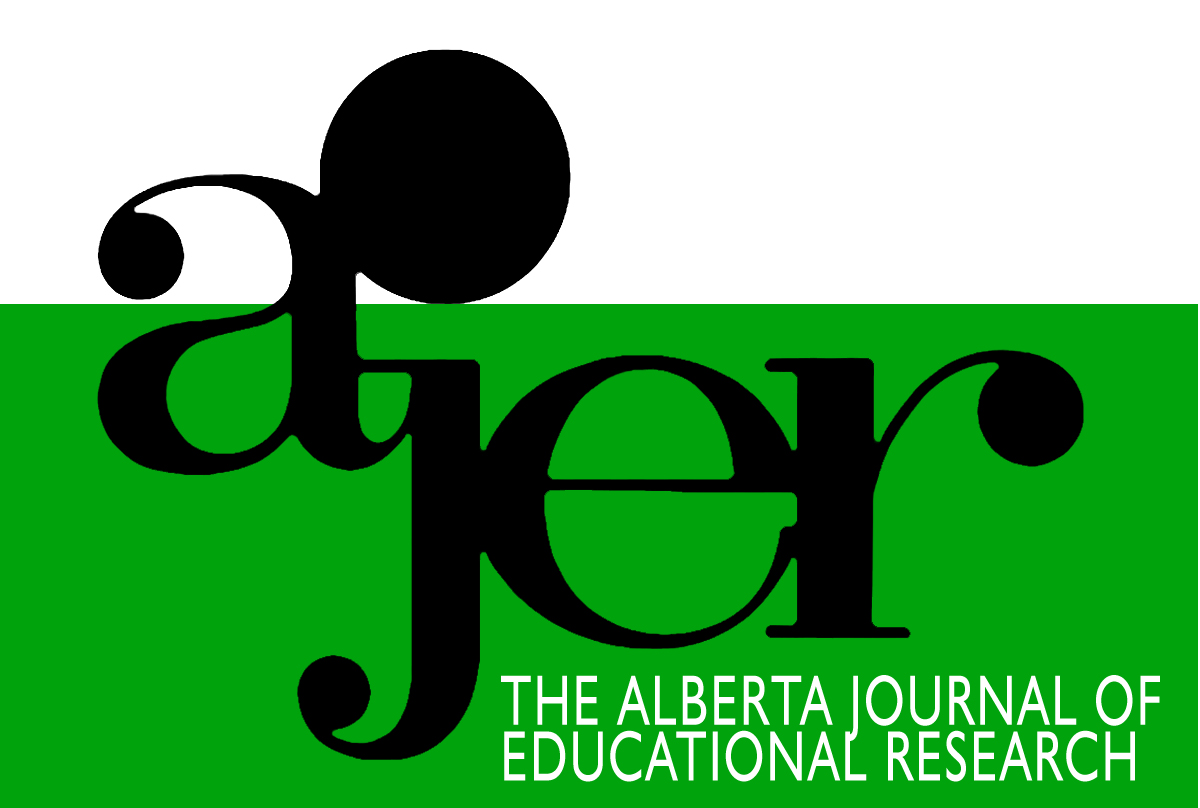The Shadow of Colonialism on Relations Between Immigrant Parents and Their Children’s Teachers
DOI:
https://doi.org/10.55016/ojs/ajer.v58i2.55587Keywords:
Immigrant parents, teachersAbstract
Using a theoretical framework that integrates socio-cultural theory, postcolonial perspectives, and the ethic of care, we (a) characterize the relationship between immigrant parents and their children’s teachers, (b) offer reasons for the relationship, and (c) suggest some strategies for improving them. Several focus group discussions were held with both groups, in elementary as well as secondary schools. The analysis shows that immigrant parents and their children’s teachers view each other through lens shaped by their colonial legacies, and have different role and communicative expectations from each other based on prior assumptions and experiences. Both groups need to acknowledge and confront these differences, keeping in mind that mutually respectful relationships between them are crucial for children’s success in schools.
Nous nous appuyons sur un cadre théorique qui intègre la théorie socioculturelle, des perspectives postcoloniales et l'éthique relative aux soins, nous (a) caractérisons le rapport entre les parents immigrants et les enseignants de leurs enfants, (b) offrons des raisons pour ce rapport et (c) proposons des stratégies pour les améliorer. Plusieurs discussions ont eu lieu avec les deux groupes, tant dans des écoles élémentaires que des écoles secondaires. L'analyse démontre que les parents immigrants et les enseignants de leurs enfants se perçoivent par le biais de leurs patrimoines coloniaux d'une part, et que leurs attentes relatives aux rôles et à la communication de part et d'autre sont différentes et reposent sur des hypothèses et expériences antérieures d'autre part. Compte tenu du rôle crucial des rapports mutuellement respectueux entre les parents et les enseignants dans la réussite des enfants à l'école, les deux groupes doivent reconnaitre ces différences et les affronter.
Downloads
Issue
Section
License
UNIVERSITY OF ALBERTA COPYRIGHT LICENSE AND PUBLICATION AGREEMENT
If accepted, authors will be asked to sign a copyright agreement with the following points:
A. Where there is any inconsistency between this Copyright License and Publication Agreement and any other document or agreement in relation to the same subject matter, the terms of this Agreement shall govern.
B. This document sets out the rights you are granting in relation to publication of your article, book review, or research note entitled (the “Article”) through inclusion in the academic journal titled Alberta Journal of Educational Research (the “Journal”) published through the Faculty of Education, representing the Governors of the University of Alberta (the “Journal Editor”).
C. There will be no payment to you for this publication and grant of rights. In consideration of the agreement to publish the Article in the Journal:
1. You are warranting that:
- the content of the Article is your original work, and its content does not contain any material infringing the copyright of others; or, where the Article is not entirely your original work, you have obtained all necessary permissions in writing to grant the rights you are giving in this agreement;
- the content of the Article does not contain any material that is defamatory of, or violates the privacy rights of, or discloses the confidential information of, any other person;
- the Article has not been published elsewhere in whole or in part, and you will not allow publication of the Article elsewhere without the consent of the Journal Editor;
- the names of all co-authors and contributors to the Article are:
2. You agree to license the copyright in the Article to the Journal Editor, on a worldwide, perpetual, royalty free basis; and to the extent required by the terms of this agreement. You shall retain the right at all times to be acknowledged as the/an author of the Article.
3. You further agree that the Journal Editor has the entitlement to deal with the Article as the Journal Editor sees fit, and including in the following manner;
- The right to print, publish, market, communicate and distribute the Article and the Journal, in this and any subsequent editions, in all media (including electronic media), in all languages, and in all territories, ing the full term of copyright, and including any form of the Article separated from the Journal, such as in a database, abstract, offprint, translation or otherwise, and to authorize third parties to do so;
- The right to register copyright of the Journal;
- The right to edit the Article, to conform to editorial policy as the Journal Editor sees fit.
4. If any co-author or contributor to the Article does not sign this agreement, the Journal Editor reserves the right to refuse to publish the Article.



